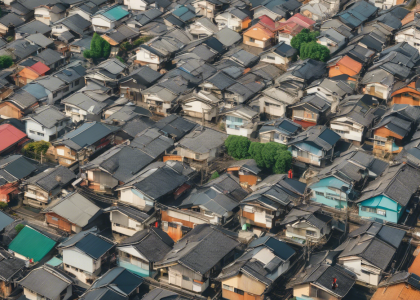Education and professional qualifications play a significant role in determining income in Japan. The country has a strong emphasis on education, with a highly educated workforce that is essential for its economic success. As such, education and qualifications are highly valued and greatly impact an individual’s earning potential.
In Japan, higher education is seen as a prerequisite for success. The country’s education system is highly competitive, with students striving for top grades and prestigious universities. The pressure to perform well and secure a good education is reflected in the fact that Japan has one of the highest enrollment rates in tertiary education in the world.
Moreover, in Japan, educational credentials and professional qualifications are closely linked to career advancement and income levels. For example, those with a higher level of education, such as a university degree or a master’s degree, typically have access to better-paying jobs and higher positions within a company. Additionally, specialized professional qualifications, such as licenses or certifications, are also highly regarded and can lead to higher salaries and better job opportunities.
In Japan, the education and professional qualification system is structured in a way that rewards individuals for their hard work and dedication to their studies. It also promotes meritocracy and provides a clear path for individuals to advance in their careers and increase their earning potential.
Furthermore, the prestige attached to certain universities and the reputation



